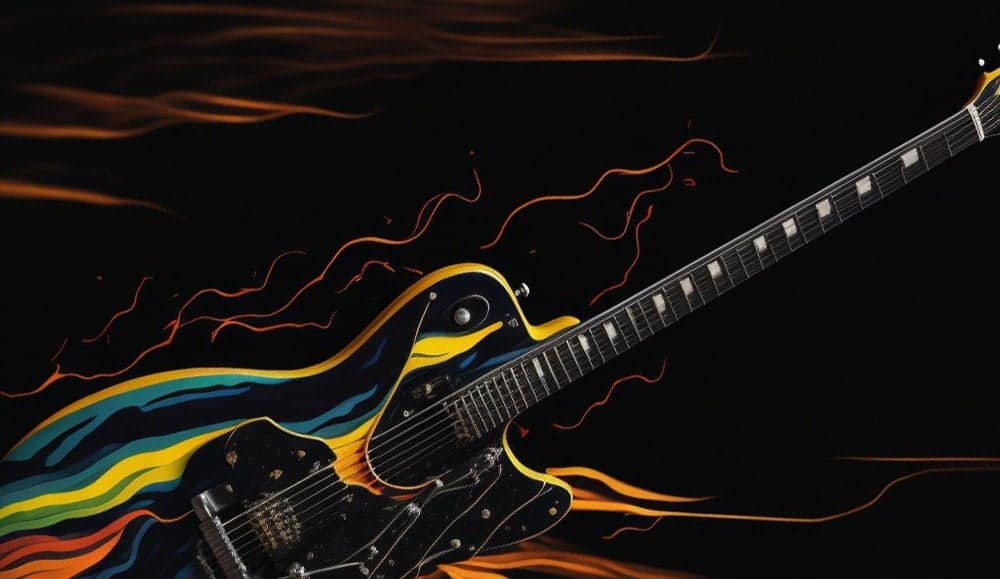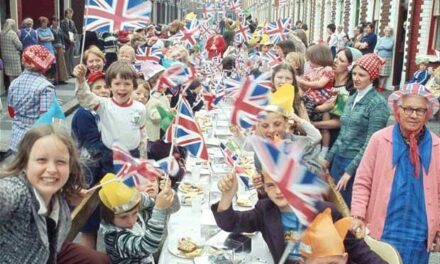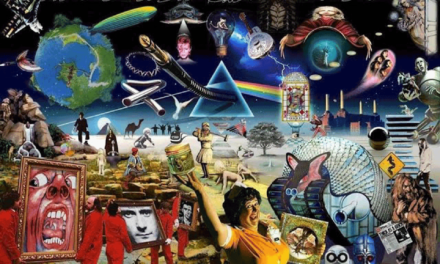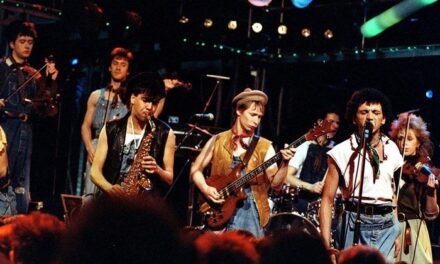The 70s – what a decade of music! The UK’s music scene was packed with different styles, originality and experimentation. From glam rock to punk, and progressive to reggae, British artists delved into every style.
Led Zeppelin reigned supreme in the 70s, with their unique blend of blues, hard rock, and folk influences. Albums like “IV” showcased their unparalleled musicianship. The album featured iconic tracks like “Stairway to Heaven.” The band’s powerful live performances captivated fans, while their edgy image inspired generations of rockers.
Pink Floyd was also a major force of the era, bringing a fresh level of artistry to progressive rock with their concept albums and awesome live performances. The release of “Dark Side of the Moon” in 1973 shot them to fame around the world. People around the world felt their music and words.
Queen, driven by Freddie Mercury’s persona, rocked the world in the 70s. With songs like “Bohemian Rhapsody” and “We Will Rock You” ruling the airwaves, they became a staple of the decade. Their theatrical live performances and genre-defying sound made them one of the most influential bands in rock history.
The Rolling Stones also continued their reign in the 70s. Mick Jagger’s magnetic stage presence and Keith Richards’ gritty guitar riffs defined the band’s sound. Albums like “Sticky Fingers” and “Exile on Main St.” showcased their ability to evolve and adapt to the changing musical landscape.
These bands left an indelible mark on popular culture, influencing everything from fashion to film. From the long-haired rockers in leather jackets to the glittery, androgynous outfits of glam rock, the 70s was a decade of bold self-expression.
Mott the Hoople, pioneers of glam rock, made a significant impact on the genre, despite being overshadowed by contemporaries like David Bowie and T. Rex. Their anthemic track, “All the Young Dudes,” written by Bowie himself, became a defining song of the early 70s.
Gentle Giant, an innovative progressive rock band, experimented with complex arrangements and unconventional instruments. Their albums, such as “Octopus” and “Free Hand,” may not have achieved widespread fame, but their groundbreaking approach to composition continues to inspire prog-rock enthusiasts.
The Jam, a mod revival band, combined punk rock energy with 60s pop sensibilities. Although not as well-remembered as The Clash or The Sex Pistols, their influence on the late 70s punk and new wave scene cannot be denied. Songs like “Going Underground” and “Town Called Malice” showcased their distinct sound and lyricism.
The 70s UK music scene wasn’t just about catchy tunes and flashy fashion; it was also intertwined with the political and social climate. As the country faced economic challenges, the music industry became a platform for artists to express their discontent.
The punk movement, led by bands like The Sex Pistols and The Clash, was a direct response to the disillusionment felt by the younger generation. Their raw, rebellious sound and provocative lyrics challenged the status quo, while their DIY ethos inspired a fresh wave of independent musicians and record labels.
Reggae found a strong following in the UK, particularly among the African-Caribbean community. As immigration from the Caribbean increased during the 70s, bands like Aswad and Steel Pulse brought reggae music to the forefront of British popular culture. Their songs often tackled themes of racial inequality and social justice, reflecting the struggles faced by immigrants and minority communities.
The rise of the feminist movement in the 70s also influenced the music scene, with bands like The Slits and The Raincoats embracing punk’s DIY spirit while challenging gender norms and expectations. They paved the way for more women to take part in the male-dominated world of rock and punk music, inspiring future generations of female musicians.
Looking back on the UK’s 70s music scene, it’s clear that the decade left an indelible mark on the history of music. The era’s experimentation and diversity not only shaped the future of various genres but also created an environment in which music could be used as a powerful tool for social and political change.
The UK’s 70s music scene, with its iconic bands, unsung heroes, and the interplay between music, culture, and politics, will forever be remembered as a unique and transformative period in music history. Its influence can still be felt in today’s musicians, who continue to push boundaries, innovate, and use their art to make a statement.
The 70s was a time when music was not just about entertainment, but also a means of self-expression reflecting the world dynamics. They may be long gone, but the legacy of its music lives on, reminding us of the power of art to unite, inspire, and challenge the status quo. From the heavyweights that defined the decade to the unsung heroes who shaped the soundscape, the 70s in the UK was an unforgettable era that will forever hold a special place in the annals of music history.
Stay tuned for the series expanding our knowledge of this iconic decade.
The 70s, Music, Fashion & Cultural Revolution















